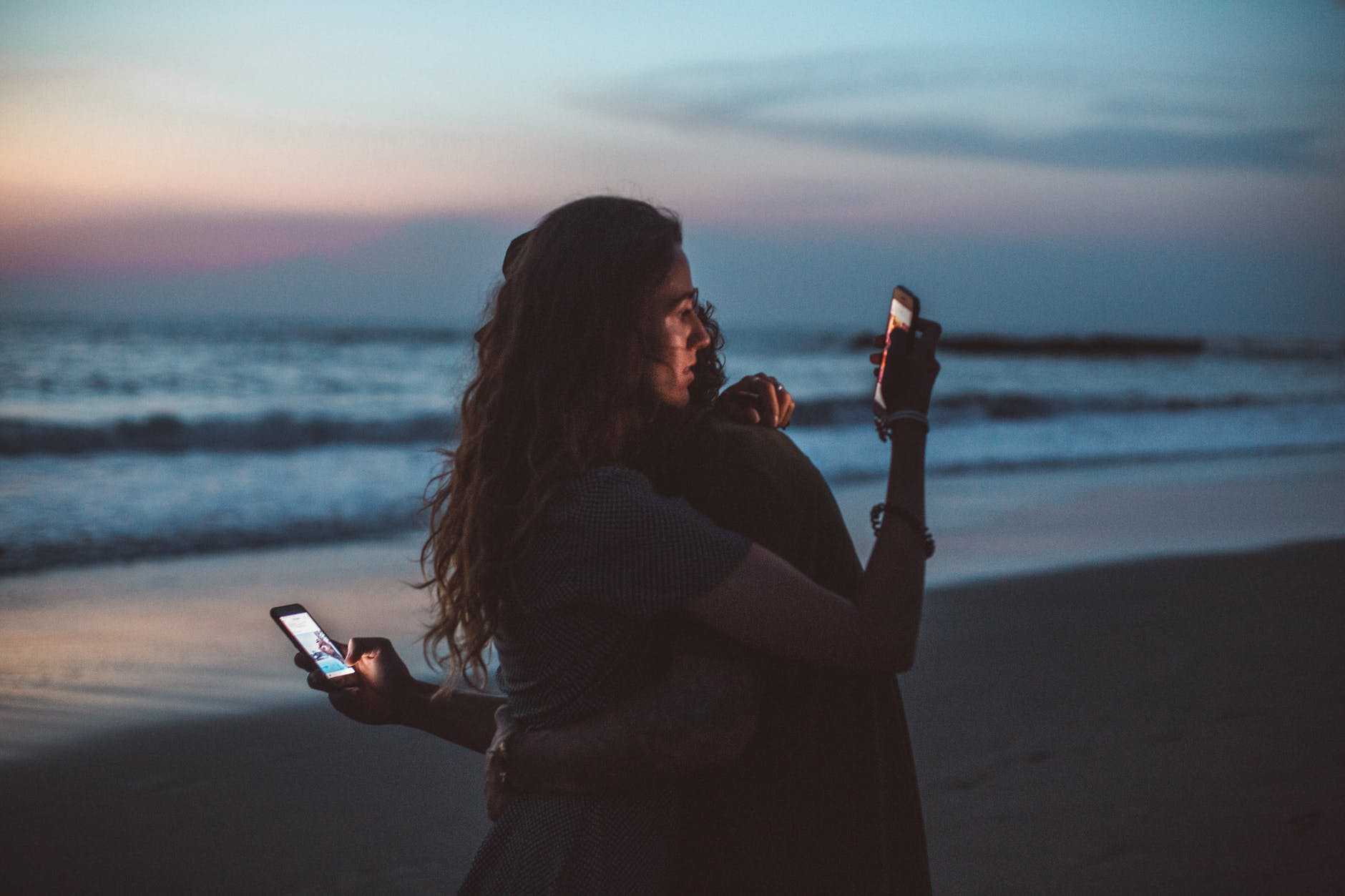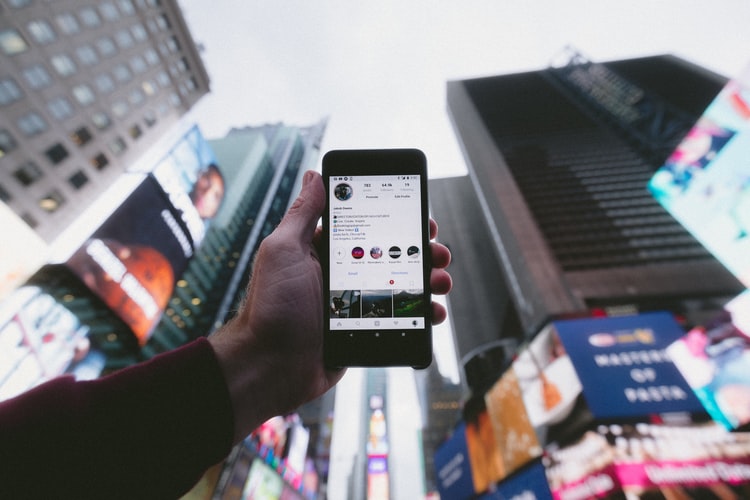A few months ago, a new niche on TikTok was brought to light on other media and it intrigued many of us who are not on the platform. For a short period of time, the NPC livestreams were suddenly the only trend people seemed to talk about online, and how could we not?
These videos are seemingly so bizarre to those outside of this world, that they almost become captivating. Though as you dig deeper, it’s not so much the videos themselves that are captivating, but rather the phenomenon. What actually happens in the livestreams is hard to describe, but picture someone in a costume staring at the camera, doing certain motions and saying catchphrases, repeatedly. After watching one of them, you get a better sense of the point so here’s an example:
Once you take a closer look, you understand that these movements and words are a response to the comment section, where other users watching the livestream are sending paid rewards or gifts to the creator performing in the video. One reward equals one motion or catchphrase. According to the Guardian, these gifts can vary between cents and a few dollars and after some minutes or even hours, these cents can add up to quite a lot.
This trend spread through the news and the meme world not for its peculiarity, but also because of its profitable nature – and to be fair, profiting on livestreams online is nothing new to the internet. In fact, if we think a bit further, we’ve been watching livestreamed content for decades on televisions.
Since following the rise of this trend, watching countless YouTubers shame these creators and reading comments throughout all social media on how ridiculous the NPC livestreams are, I started to wonder who actually engages with this? And why?
A NON-PLAYABA-WHAT?
If you’re not familiar with the acronym NPC, it stands for non-playable character. Or simply put, a character that cannot be controlled or doesn’t necessarily obey the player. Here’s Merriam Webster’s main definition of a non-playable character: “A character in a video game that does not represent and cannot be manipulated by a player.”
TikTok livestreams somehow allow “players” to control those uncontrollable characters and that’s one of the appeals. By sending rewards that will trigger a reaction on the performer, the player is in a way controlling that character – which defeats the purpose of an non-playable character in the first place.
As I was looking deeper into NPCs, I saw that livestreams are not the only medium where they appear. This concept can be seen in different types of entertainment. The most obvious one, which is where the term derives from, are games, and these can be video games or roleplaying, and even board games.
There are also edited videos, or in other words, not livestreams where creators perform as NPCs in certain situations. Some of the most popular being the “going on a date with me” videos, where a robotic person impersonating a digital character leads the viewer through a date with them. Weirdly enough, these instantly reminded me of One Direction’s Night Changes music video, released nine years ago in November 2014, where you’re taken on a date with each of the members of the boy band. To illustrate this concept, I’ll leave a few examples below:
GOING LIVE PAYS!
Livestreams as a form of entertainment is not a foreign concept to us today. For decades now we’ve seen many programs be broadcasted live through television. News casts, sports, talk shows, game shows, political debates, artistic performances and the list goes on. And as any entertainment and artform, there will be good and bad criticism. Those who love it and those who passionately hate it.
The transition from TV to online livestreams made by single users, has been a rough one. We’d gotten used to watching expensive, highly produced live content with multiple takes and intricate editing, a magical fake world. This is an aspect that can be hard for a sole streamer to produce single handedly on the internet, especially in the beginnings of social media.
On TV, livestreams try to follow a certain look and feel, it’s a world where nothing’s supposed to go wrong and if it does, it intensifies how awkward and cringy the mistake is. Maybe that’s another appeal of the NPC livestreams, viewers are tempted by the chance of the creator breaking character and creating an even cringier atmosphere.
However, livestreaming seems to be the most popular online when the topic involves gaming. There are a lot of creators who livestream themselves playing video games – making a living off of exaggerated reactions on platforms like Twitch and YouTube, and now TikTok. One of the internet’s most known personalities comes from the world of livestreaming video games: Pewdiepie. NPC lives seem to be just another branch of the vast world that revolves around gaming and streaming.
SO, WHAT DO YOU WATCH?
As creepy as this question may sound, all of us online are consuming content that may be considered weird by someone else. When it comes to who’s engaging on these NPC livestreams, it’s hard to tell. It’s easy to assume that teenagers and kids are the ones behind fueling the flame of this trend, considering it’s so ingrained in video game culture and fast-paced social platforms, commonly associated with these age groups.
Besides profiting, I haven’t really seen any true positive commentary on these kinds of videos – I mostly see jokes and memes about how people will start doing it to become rich, but obviously they won’t do it.
This was the case when the trend was happening and even now when doing research about it. Simply look at Reddit forums where people have been discussing the trend, and you’ll find words like “moron”, “annoying”, “it’s a fetish thing” addressing those interested in the videos.
It seems like everyone online hates these videos or finds it absurd, which might explain its popularity. We can’t forget that negative and hateful comments are still engaging, that assist in the spreading and rise of these videos even further and leaves us wondering the lengths that people go to make money. Be it the bizarre aspect, the cringe-worthiness or the memes, I believe negative engagement has made NPC livestreams a viral topic this past summer.


